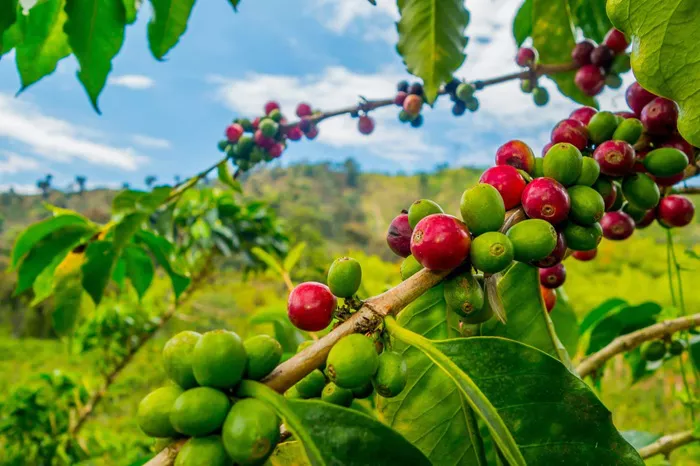The European Union (EU) is set to extend support to Kenya’s coffee farmers to help them meet new deforestation regulations, according to a senior EU official. Filippo Amato, First Counsellor and Head of Trade at the EU Delegation to Kenya, announced that the European Commission (EC) has requested a one-year extension for the implementation of the EU Deforestation Regulations (EUDR) to give Kenyan coffee producers more time to comply.
“We hope the European Parliament will consider this request by the end of the year,” Amato said. “We’re also developing programs to build farmers’ capacity to meet these regulations.”
Amato acknowledged that many farmers are not yet prepared to implement the EUDR due to limited resources. As a result, the EU is offering technical support to assist farmers in complying with the regulations.
The announcement came during a breakfast meeting organized by Fairtrade and the Kenya Coffee Platform (KCP) in Nairobi. Felix Mutwiri, acting director of the Coffee Directorate at the Agriculture and Food Authority (AFA), confirmed that Kenya’s national government has set up an inter-ministerial steering committee. The committee will devise a clear roadmap for local implementation of the EUDR.
KCP Chairman Karugu Macharia commended the ongoing efforts to help farmers meet the new rules. “We’ve brought together all stakeholders to ensure the regulations are adopted and implemented effectively,” he said. He also highlighted that additional strategies, such as enhancing soil testing and increasing subsidies for farm inputs, are being fast-tracked to boost production.
Kenya’s coffee industry has faced challenges in recent years, with production dropping from a peak of 130,000 tonnes in the late 1980s to between 40,000 and 50,000 tonnes in recent years. To help address this, the EU Commission recently proposed a 12-month “phasing-in” period to help businesses comply with the EUDR, which focuses on improving the traceability of coffee.
If approved by the European Parliament, the EUDR will be enforced from December 30, 2025, for large companies, and from June 30, 2026, for small and micro enterprises. The regulations require companies to provide a due diligence statement and verifiable information, such as satellite images of coffee farms, or face substantial fines.
Amato added that Kenya’s coffee value chain will also benefit from a regional initiative aimed at improving market access to the EU, funded by the International Trade Centre.
Duncan Mathenge, Chairman of the Parliamentary Coffee Caucus, confirmed that the legislature is working with various stakeholders to ensure farmers comply with the new rules. “We’ve been addressing this issue from all angles,” Mathenge said. “President William Ruto has rallied the African Union to push for the extension, which is expected to be approved by the European Parliament by the end of the year.”
Related topics:
- Horrocks Farm Market Adds Coffee Bar, Expanding Drink Options
- Tisya Mukuna: Reviving Congo’s Coffee Industry & Empowering Communities
- TrueStart Coffee Expands Retail Presence by 168% with Asda Listing


